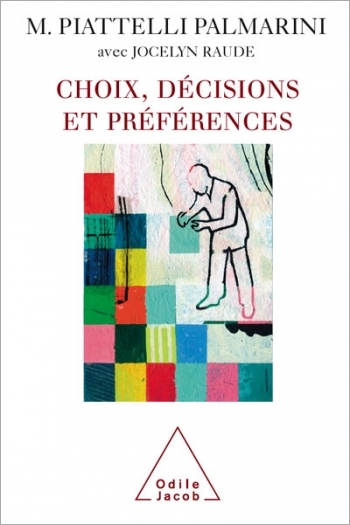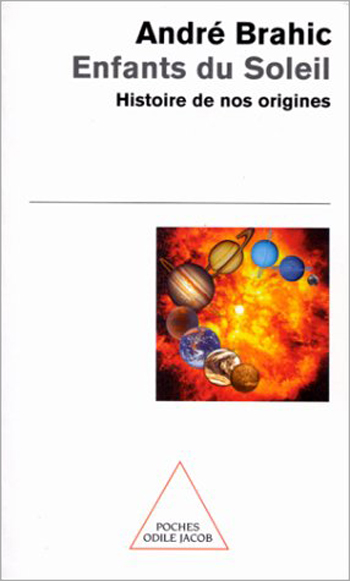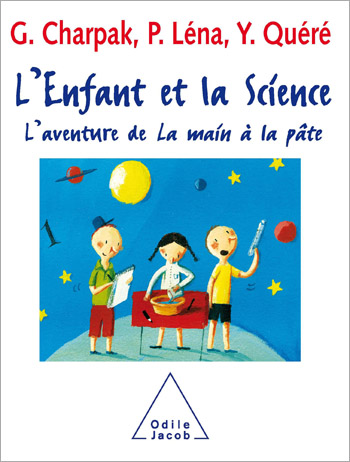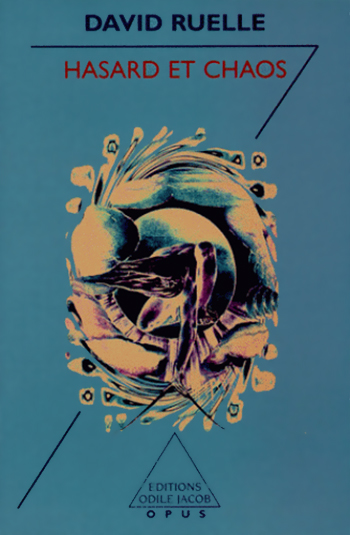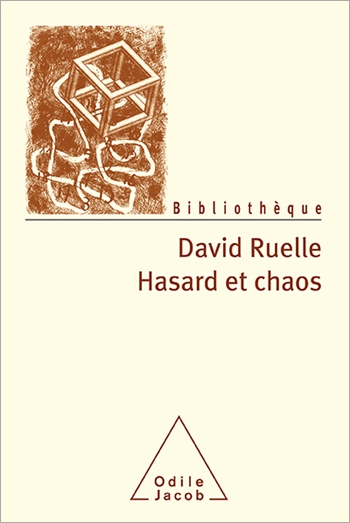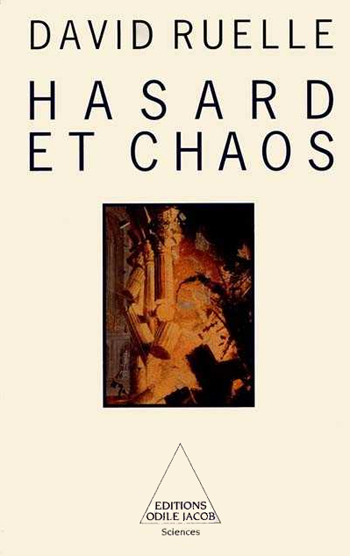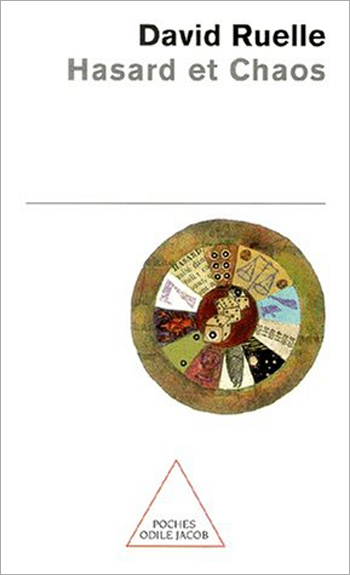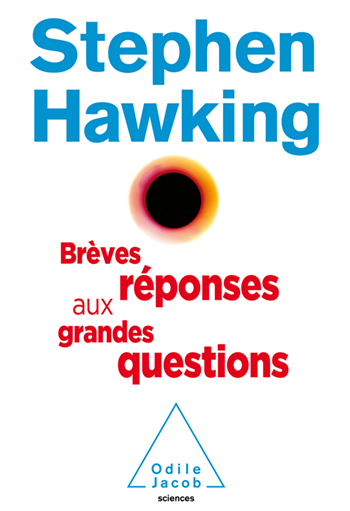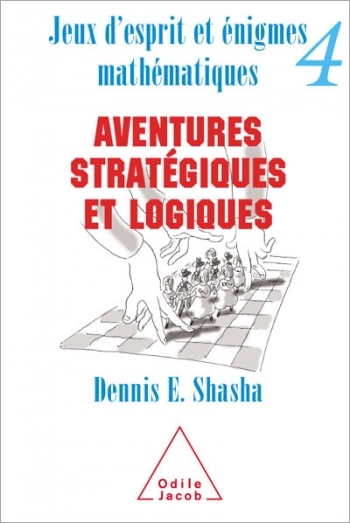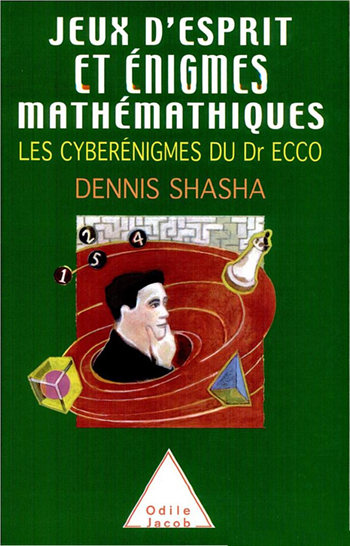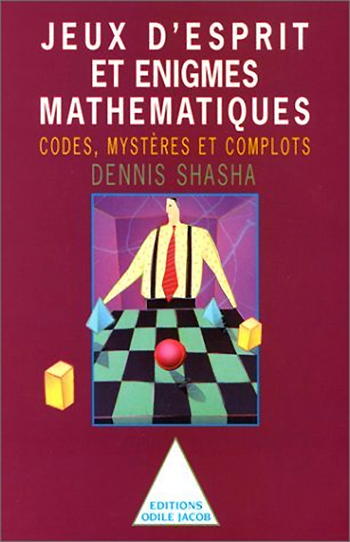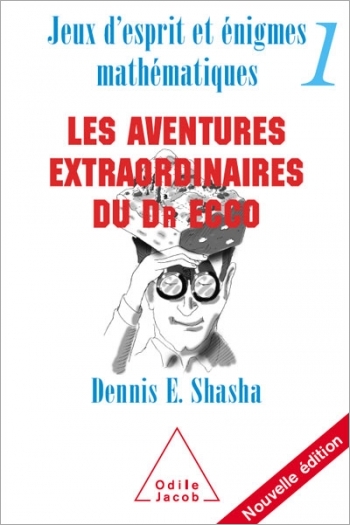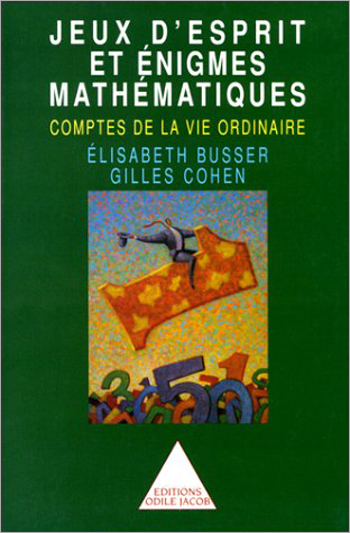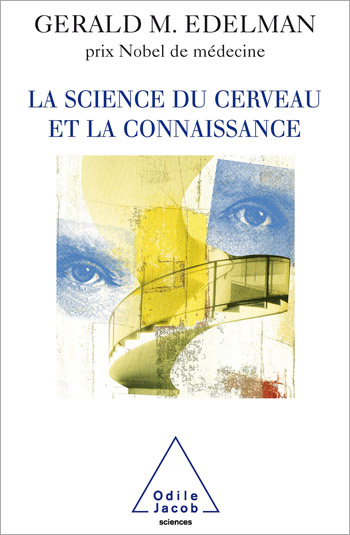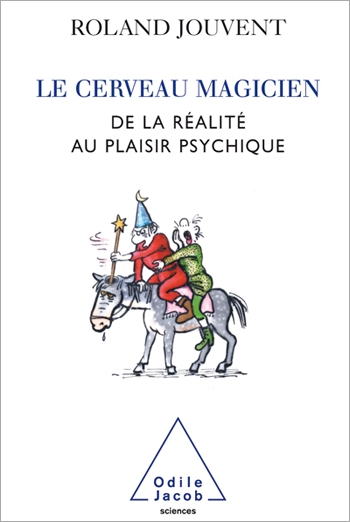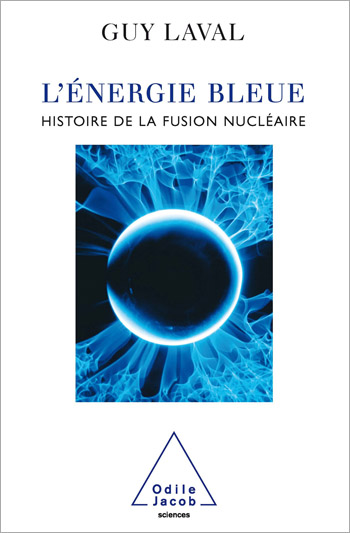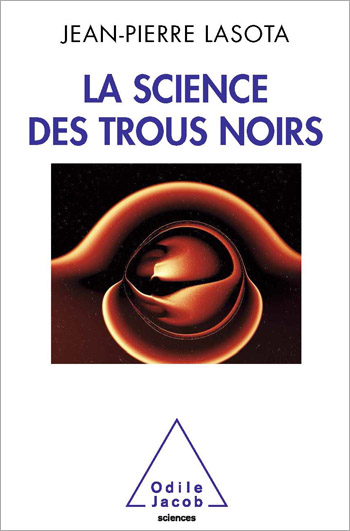Science All books
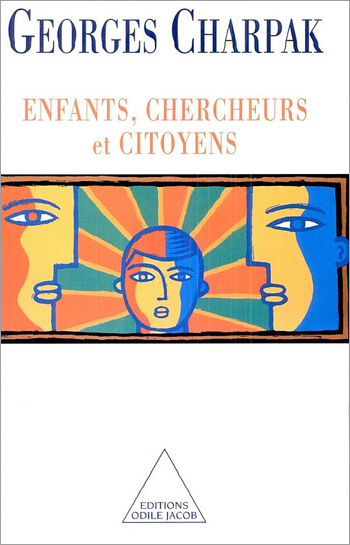
Georges Charpak
Children, Researchers and Citizens
Georges Charpak has taken the initiative for a complete reform of our methods of science teaching. He proposes a teaching method based on creativity and problem-solving, instead of the old theoretical, book-based approach. This book recounts the experiences of two teams of French educators in a research institution created by Leon Lederman in Chicago, and the lessons which we can take from their experiences. Pollens shows that to learn is to discover, and that it is in discovering that one learns. Georges Charpak is a Nobel laureate in physics, and the author of La vie à fil tendu and Feux follets et champignons nucléaires, both published by Editions Odile Jacob.
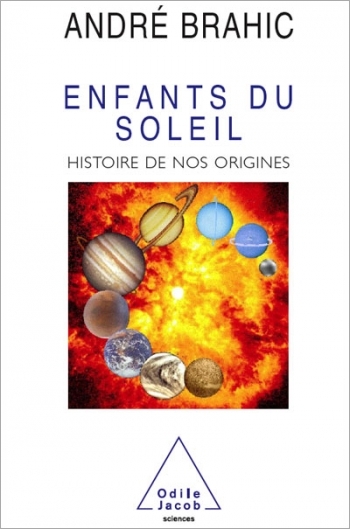
André Brahic
Children of the Sun The History of Our Origins
In less than a century, scientists have acquired enough information to try to explain the origin of life, to realise that there may be other life forms in the universe, and to begin to understand the birth of our planet and its future. André Brahic writes about the planets, the stars and the universe without forgetting the role played by human beings who are themselves made from solar atoms and are thus truly "children of the sun". André Brahic, an astronomer, is known for discovering the rings of Neptune.
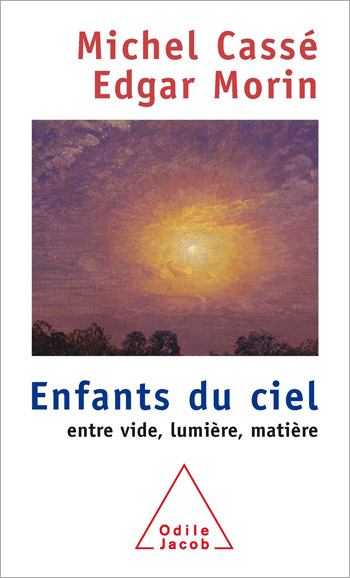
Michel Cassé, Edgar Morin
Children of the Sky Between Nothingness, Light and Matter
What is the universe, which we regard as "ours" not only because we live in it but because it produced us? This book is in the form of a dialogue on cosmology between the astrophysicist Michel Cassé and the philosopher Edgar Morin. It is a profound work which revels in the joy of knowledge and restores us to the universe that is in all of us, as it celebrates the "anthropo-cosmos". Michel Cassé is an astrophysicist at the Atomic Energy Commission. Edgar Morin is an internationally renowned writer and thinker.
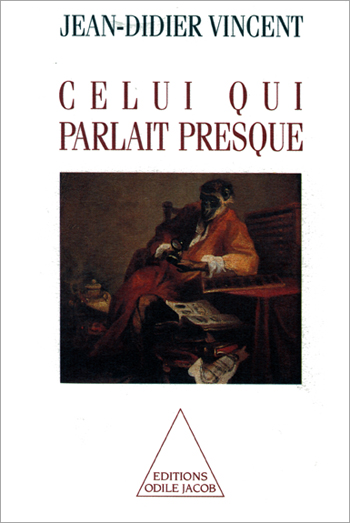
Jean-Didier Vincent
Celui qui parlait presque
When a rich English woman, a grouchy scientist, a bonobo monkey and a young man interested in religion meet together in a castle of Provence, what do they do? They talk. And what do they talk about? About the origins of life, the appearance of language, about the secrets of memory, or about the emergence of desire. Subtle and witty, J.-D. Vincent, a neurobiologist, author of The Biology of Passions, offers us here a defense and an illustration of material reason.
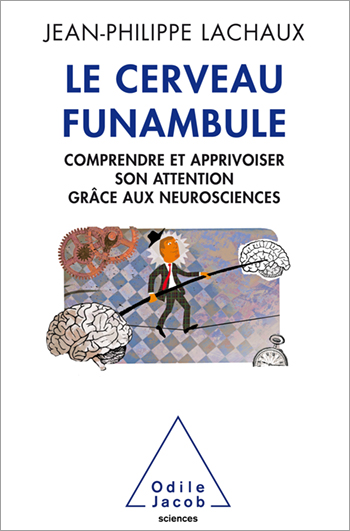
Jean-Philippe Lachaux
The Brain’s Balancing Act Understanding and Managing Attention
The keys to attention management for improved concentration in daily life
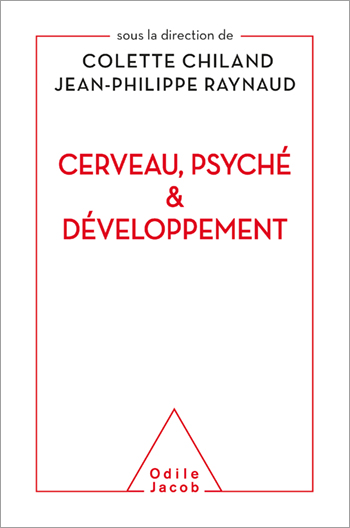
Colette Chiland, Jean-Philippe Raynaud
The Brain, the Psyche and Development
A fascinating work on the mental development and treatment of children, by eminent specialists in psychiatry and the neurosciences
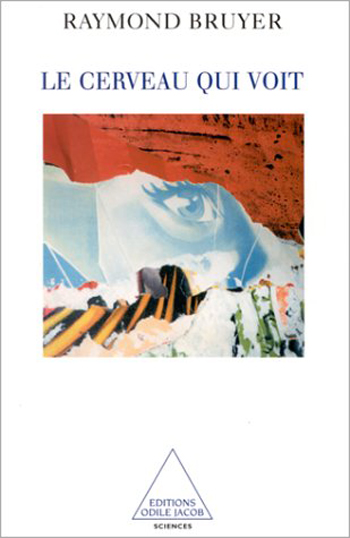
Raymond Bruyer
The Brain that "Sees"
Based on numerous examples, this book describes and explains the phenomenon of perceptive recognition: how with minimal information the human brain can identify not only general forms (a man, a woman, a cat, a dog, a house, and so forth), but also specific individuals who might seem scarcely distinguishable from one another, unless a large amount of information is provided. This study of the brain that sees is also an exploration of the perceived world. Raymond Bruyer teaches experimental psychology at the University of Louvain La Neuve, Belgium.
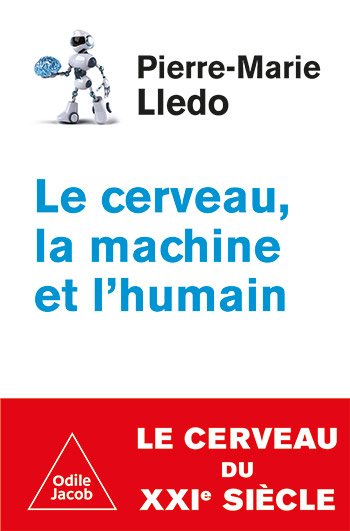
Pierre-Marie Lledo
The Brain In The 21st Century
Beyond neurobiology, an analysis of the impact of these discoveries not only on the sciences of education, psychology, medicine, but also on theology, marketing, economics ... An essential ethical reflection on the use we must make of this knowledge so as not to distort the foundations of our humanity and also our freedom.
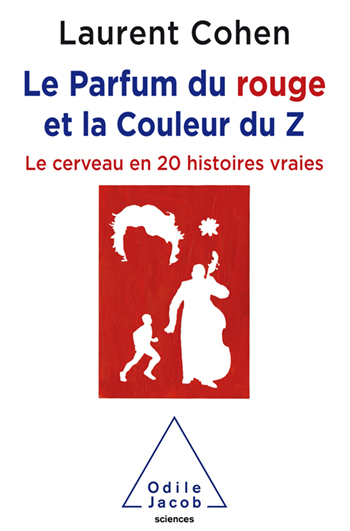
Laurent Cohen
The Brain in Bits and Pieces
Twenty stories, twenty enigmas, twenty clues to what it is to be human. A precise and complete panorama of the recent advances in the neurosciences.
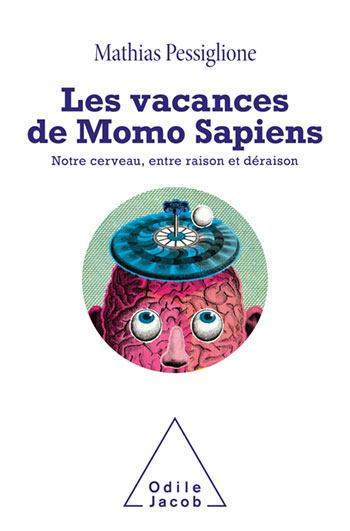
Mathias Pessiglione
The Brain Has Its Reasons Which Reason Doesn’t Know
Momo Sapiens, or the brain caught in flagrante delicto of irrationality
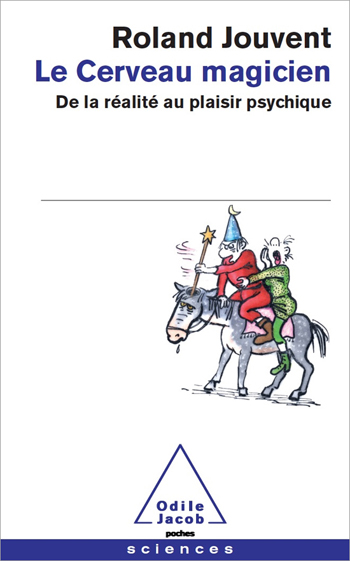
Roland Jouvent
The Brain as Magician
This fascinating, accessible, jargon-free book is illustrated with many clinical examples.
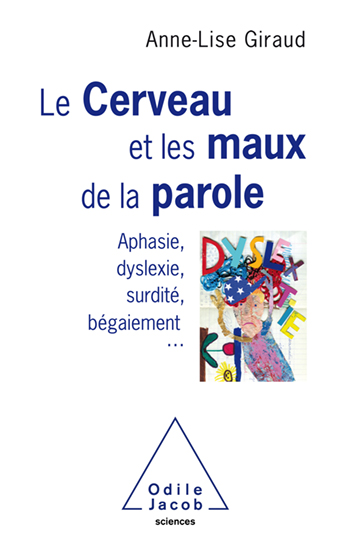
Anne-Lise Giraud
The Brain and Speaking Disorders Aphasia, Dyslexia, Deafness, Stuttering
Both clear and detailed, a book that provides correct answers to the questions that are asked about speech and the pathologies related to it.
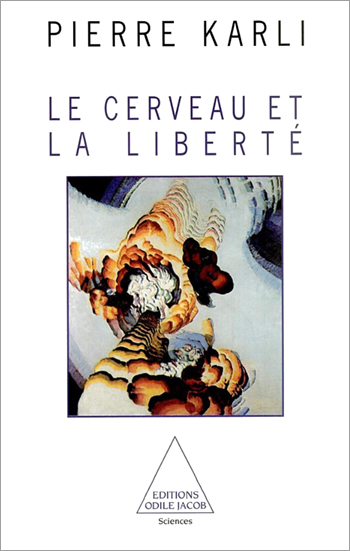
Pierre Karli
The Brain and Freedom
What is the relationship of man with the world, the others, with himself? To this perpetual question, many answers have been given by the various, religious or philosophical systems of thought. Pierre Karli, a neurophysiologist, proposes to look in the direction of science. He shows, by synthesizing the most advanced scientific works, how individual freedom finds its roots at the very heart of the brain.
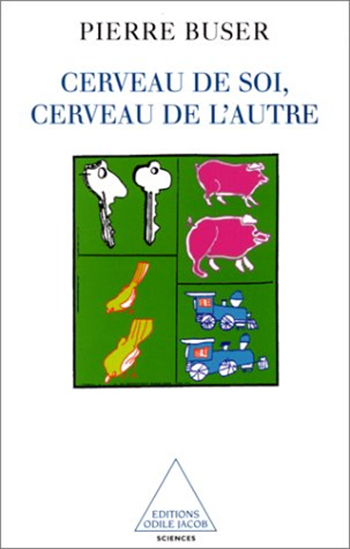
Pierre Buser
The Brain : Yours and Others
This book is both a careful review of the numerous debates that have stirred--and continue to stir--the cognitive sciences, and a personal essay. The author has tried to elaborate an original theory of psychic activity, based, on the one hand, on the cognitive conscious and the cognitive unconscious, and, on the other, on the cognitive unconscious and the affective unconscious. Pierre Buser, a former director of the Institut des neurosciences at the Centre national de la recherche scientifique, is Professor Emeritus at the Université Pierre et Marie Curie, and a member of the Académie des Sciences.
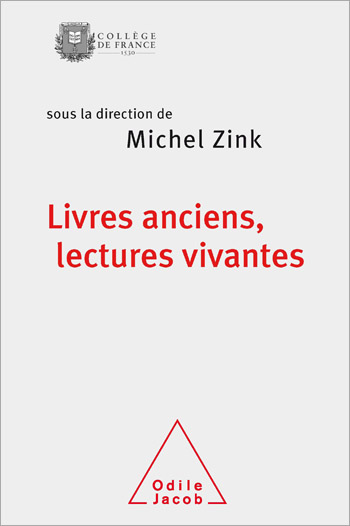
Michel Zink
Books from the Past, Readings for Today
When you read an ancient text — which is what you do whenever you read anything besides today’s paper or the latest bestseller...

